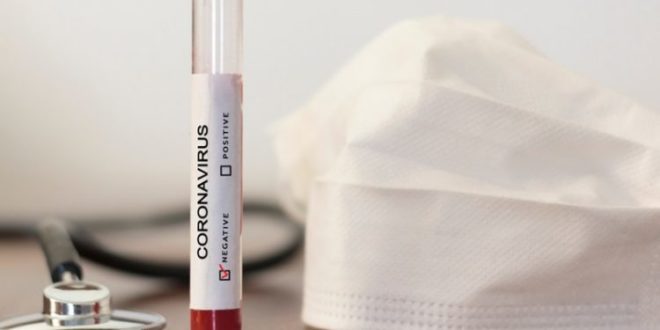Mpumalanga has recorded its first death as the number of COVID-19 infections increased by 2 312 to 48 285.
Meanwhile, in the Western Cape, 45 people succumbed to the COVID-19 related disease, bringing the death toll to 998 as of Sunday.
“We extend our condolences to the loved ones of the departed and thank the healthcare workers who treated the deceased,” said Health Minister, Dr Zweli Mkhize.
The Western Cape remains the epicentre with 31 824 cases, followed by the Eastern Cape with 5 974 and Gauteng with 5 946.
Mkhize to visit the Eastern Cape
Mkhize is heading to the Eastern Cape this week following the Ministerial and Presidential visit to the Western Cape last week.
According to the department, the Eastern Cape has similar numbers to Gauteng but it has recorded the second-highest mortality numbers.
The department believes this is due to its proximity and interconnectedness with the Western Cape, which makes the province vulnerable.
“In addition, there is an increase in infection rate amongst healthcare workers both in the public and private sectors,” the department said.
The province had recorded 258 COVID-19 positive health professionals and 14 deaths.
“The Minister of Health will be returning to the Eastern Cape later this week whilst the Deputy Minister will go to the Western Cape to continue Ministerial oversight there,” the department said.
The department said the province is working around the clock to deal with hotspot areas and facilitating a strong community-based response while addressing the Personal Protective Equipment shortages.
In addition, the province is also now supported by experts from the National Institute for Communicable Diseases (NICD).
“The team members from the NICD worked with the contact tracing and community screening teams while Wayne Ramkrishna, an expert in malaria, vector-borne and zoonotic diseases, worked with the Finance, Clinical Management, Infection Prevention and Control as well as the Occupational Health and Safety team to assess the PPE needs in the Eastern Cape.”
The department has made provision with 20 members of the Cuban brigade to bolster the response; particularly community-based response, while 840 additional nurses have been employed.
“We are in constant dialogue with health care workers and their unions on labour issues.”
The department is also clearing the testing backlog in the various centres.
“In Port Elizabeth, the backlog has been reduced from 13 000 to 5106. By Monday it should be around 4 000 then by next week completely cleared.”
Meanwhile, the department is dealing with the Umthatha backlog which is currently at 8 000.
“East London is still a challenge because there is no resident pathologist. The GeneXpert does not require a pathologist to interpret and so that is what is being used in East London, however, there has been a shortage of kits.”
This week the central office will be increasing the number of kits being sent to East London, the department said.
“The National Health Laboratory Service is also looking into sending other testing modalities that don’t require pathologists.”
The department said both the Western Cape and Eastern Cape have been proactive in conducting roadside screenings because many essential seasonal workers travel between the provinces.
“The Western Cape now has a co-ordinated programme of screening and assessing seasonal travellers before they leave to go home to the Eastern Cape.”
SAnews.gov.za
 Home Of Ghana News Ghana News, Entertainment And More
Home Of Ghana News Ghana News, Entertainment And More





